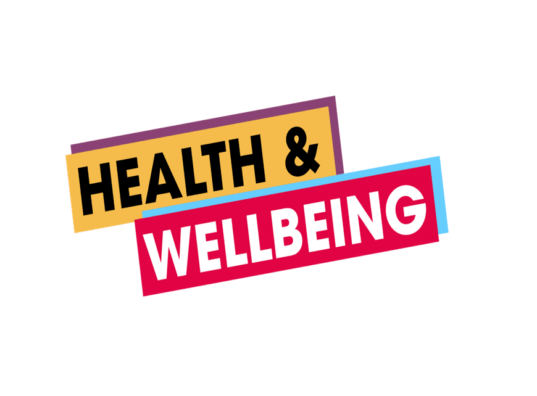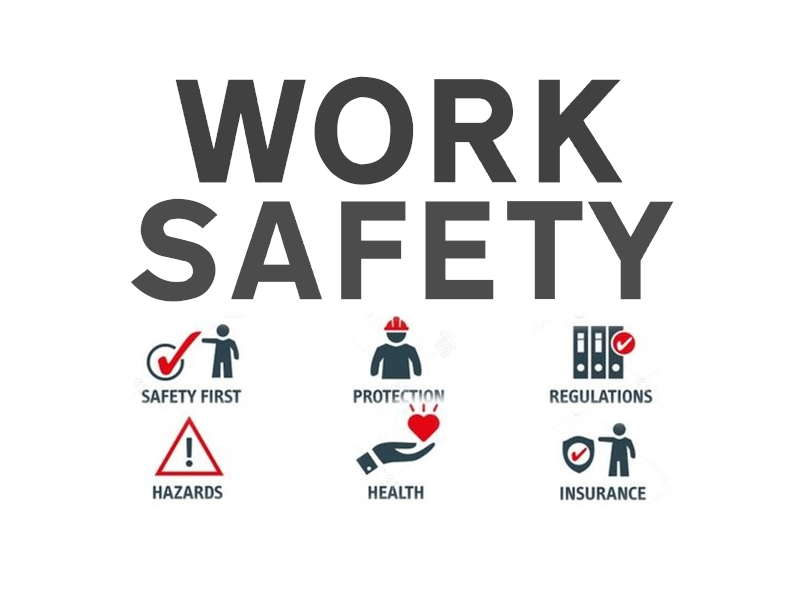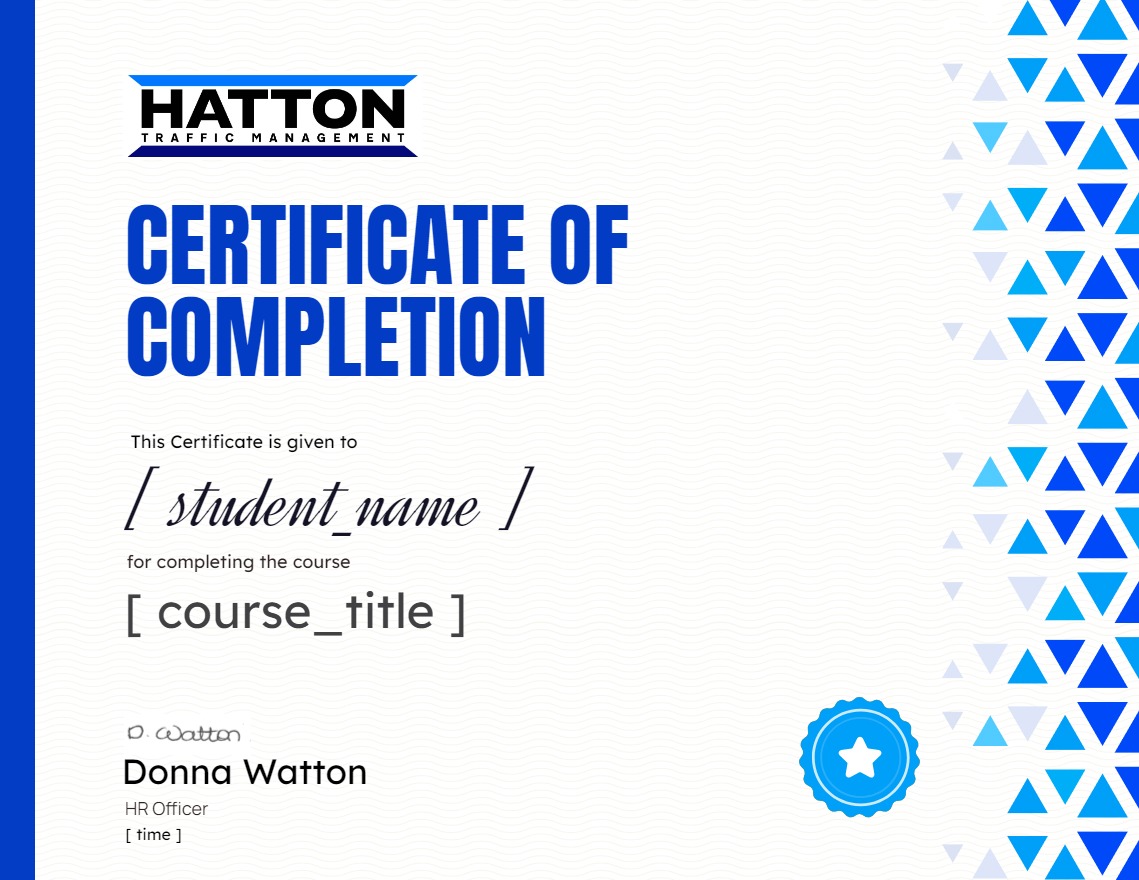© 2024 All rights reserved
Made with ❤ Hatton Traffic Management

 Health & Wellbeing Awareness
Health & Wellbeing Awareness  Safety Awareness
Safety Awareness In this eLearning, you’ll gain a better understanding of unconscious biases, how your biases influence your behaviour, and how they impact every single one of us.
You’ll also learn about the actions you can take to help offset bias in your own working environment.
Add this certificate to your resume to demonstrate your skills.
